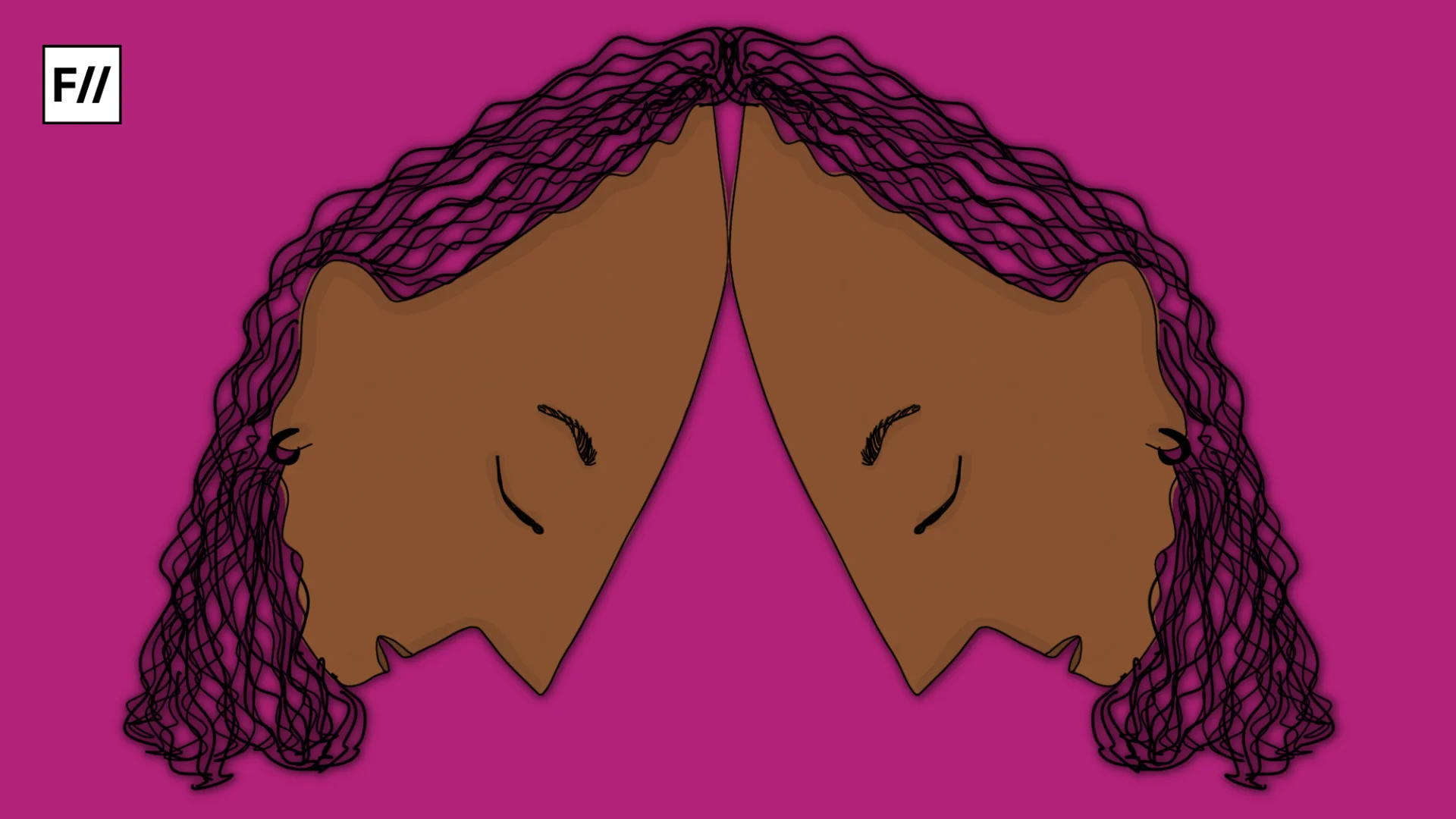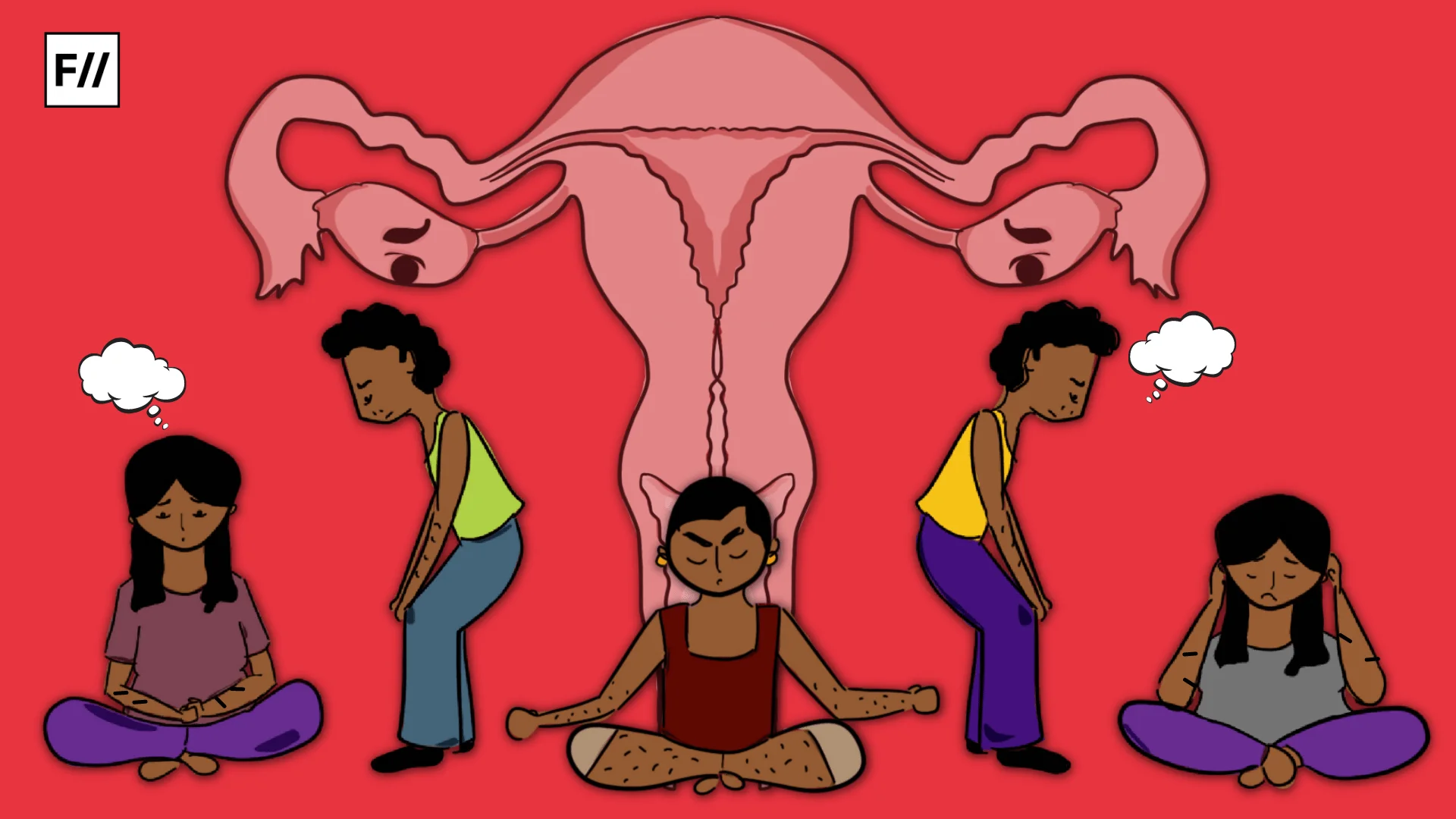When COVID-19 struck in 2020, many speculations emerged from scientific societies regarding the multitude of after-effects it was likely to cause. Four years after the incident, on reviewing news of sudden deaths among youngsters in the age of 15-30, it is evident that not much study has been done on it. Even when done, these conclusions are not made available for the masses.
Of the many studies openly published centering COVID-19, the latest one is by Proceedings of the National Academy of Sciences that outrightly states premature brain aging in children. The study says that among the 12-16 aged teenagers, girl’s brain aged on an average of 4.2 years compared to 1.4 years average for boys.
The study says that among the 12-16 aged teenagers, girl’s brain aged on an average of 4.2 years compared to 1.4 years average for boys.
This study bears greater meaning for the future of the planet since premature brain aging is not a simple fact to be neglected. Thinning of the cortex region of brain is responsible for premature aging as said in the study. Thinning of cortex is linked to potentially many health hazards such as dementia, Alzheimer’s disease, depression as well as defect in emotional perception. Whatsoever, thinning of cortex is a timely phenomenon that happens over aging especially with maturation. But when it happens at a faster pace and also in some areas of the cortex, it is said to have a negative impact on the individual.
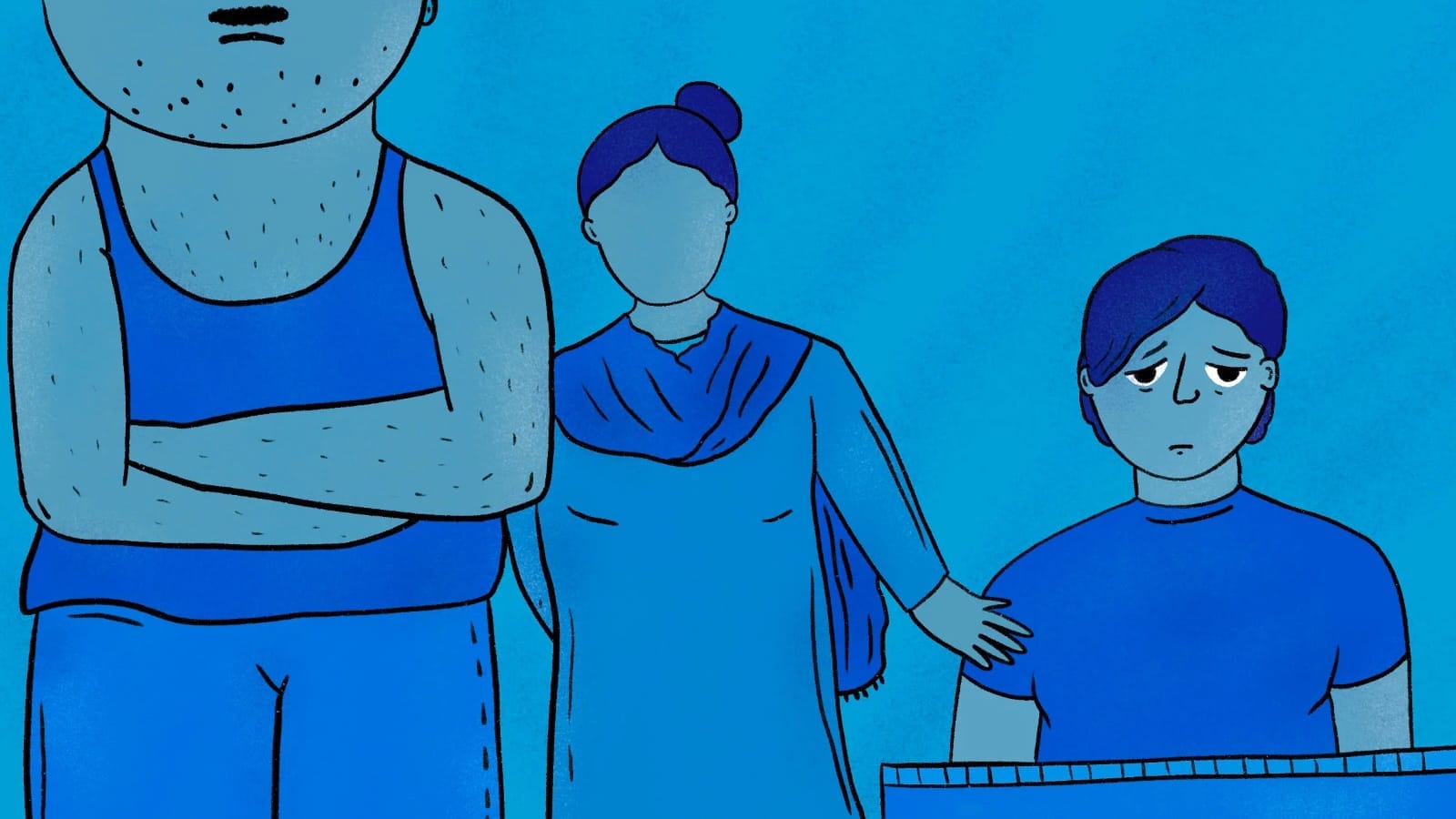
Thus, the unexpected and high gradient thinning of cortex due to the COVID-19 pandemic has an impact on teenagers that is undoubtedly a matter of concern. According to the studies, the exact impacts of such a development is unforeseeable, yet it is co-related to learning difficulty and problem in behavioral response.
Behavioral issues in teenagers due to the COVID-19 pandemic
The social restrictions imposed due to COVID-19 had vast and far-reaching after-affects resulting in often unexpected behavioral changes to those that were already predicted. For the school-goers and college students, lack of peer interactions impacted them a lot.
Peer interactions is an important determiner of individual development at all phases of life. Due to the shutting down of schools, social activities like extra-curricular and co-curricular activities were denied to them to a greater extent. More than the academic aspects, students learn a lot of other life coping skills every day in their schools, or in a larger view through the outside world. Altogether, a sum of physical, emotional, psychological and intellectual components was missing from their internal systems.
The change from actual classrooms to virtual ones were believed as a less resourceful task.
The change from actual classrooms to virtual ones were believed as a less resourceful task. The change to new scenarios could not be taken seriously by most of the students and behavioral control was a major problem since they are away safely in their homes. The various news surrounding indecent student behavior to intrusion of strangers through private class links and suicides in young students form examples to this.
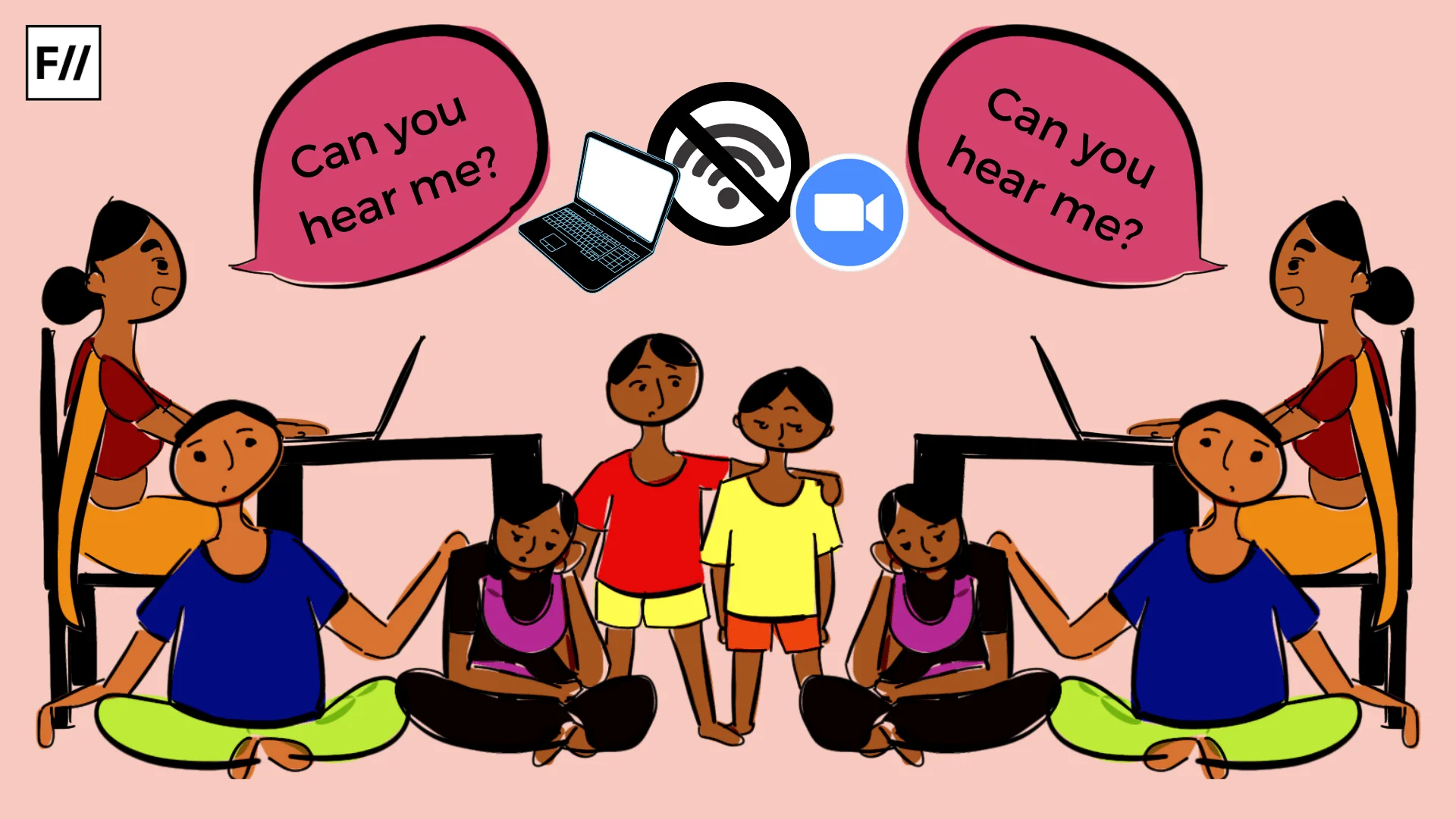
According to a study conducted by Kaustav Chakraborty et al, children in the average age of 8, became hyperactive, irritable, anxious, defiant/disobedient and crying often during the period of lockdown caused by the COVID-19 outbreak. Their feeding as well sleeping pattern also underwent radical change and every one-in-four experienced feeling of anxiety and depression, according to the said study.
Another behavior related issue emerging from premature aging of cortex is the difficulty in emotional perception, language comprehension and recognition of facial expressions. It is mainly through the facial expressions and language comprehension that a person perceives the emotional status of the people surrounding them.
Similarly, errors in language comprehension can negatively impact intellectual abilities.
Therefore, the difficulty can invariably result in non-identification of emotional states, affecting communication process as a whole. Similarly, errors in language comprehension can negatively impact intellectual abilities. All these inevitably point to the change in the process of child development that might have a serious implication for their future.
Learning difficulty in teenagers
One of the main harmful repercussions of COVID-19 was the numerous social restrictions that they had to undergo. For young children and youngsters, peer interaction is more than any learning. It leads to their physical, mental, psychological, social and linguistic developments. The impact of peer groups on children and youngsters varies depending on their gender.

For instance, girl children especially adolescent girls communicate a lot compared to their male counterparts. Through this mechanism they are able to mentally mature and emotionally develop. But for the adolescent boys, physical activities with peers help in their physical and emotional maturation. Thus, their main outlet for understanding and learning life better was highly disrupted.
More than this, students were diagnosed with issues like disengagement, lack of concentration and shortened memory span during the period. In addition, their writing skills were also impacted leading to developmental delays in different dimensions. For instance, delay in writing skill development impacts gross motor skill which in turn affects the child’s language development. In fact, it is a sign of delay in cognitive abilities.
For instance, delay in writing skill development impacts gross motor skill which in turn affects the child’s language development. In fact, it is a sign of delay in cognitive abilities.
Yet, all these are left for the developed scientific societies to study further in order to understand the often-hidden issues at hand. Not just this, the impact of the COVID-19 vaccines on different age groups and how it is impacting their lives must be studied with the needed seriousness.
Though the Health Ministry reported in Lok Sabha recently that there are no sufficient reason to link COVID-19 vaccines and the sudden heart attacks among the youth, the results from a foreign study shows more than 25% increase in cardiac arrest. With the increasing number of news on death among the youngsters, this is a necessity for the common people who are forced to take the medical directions laid down by international organisations and the Governments.
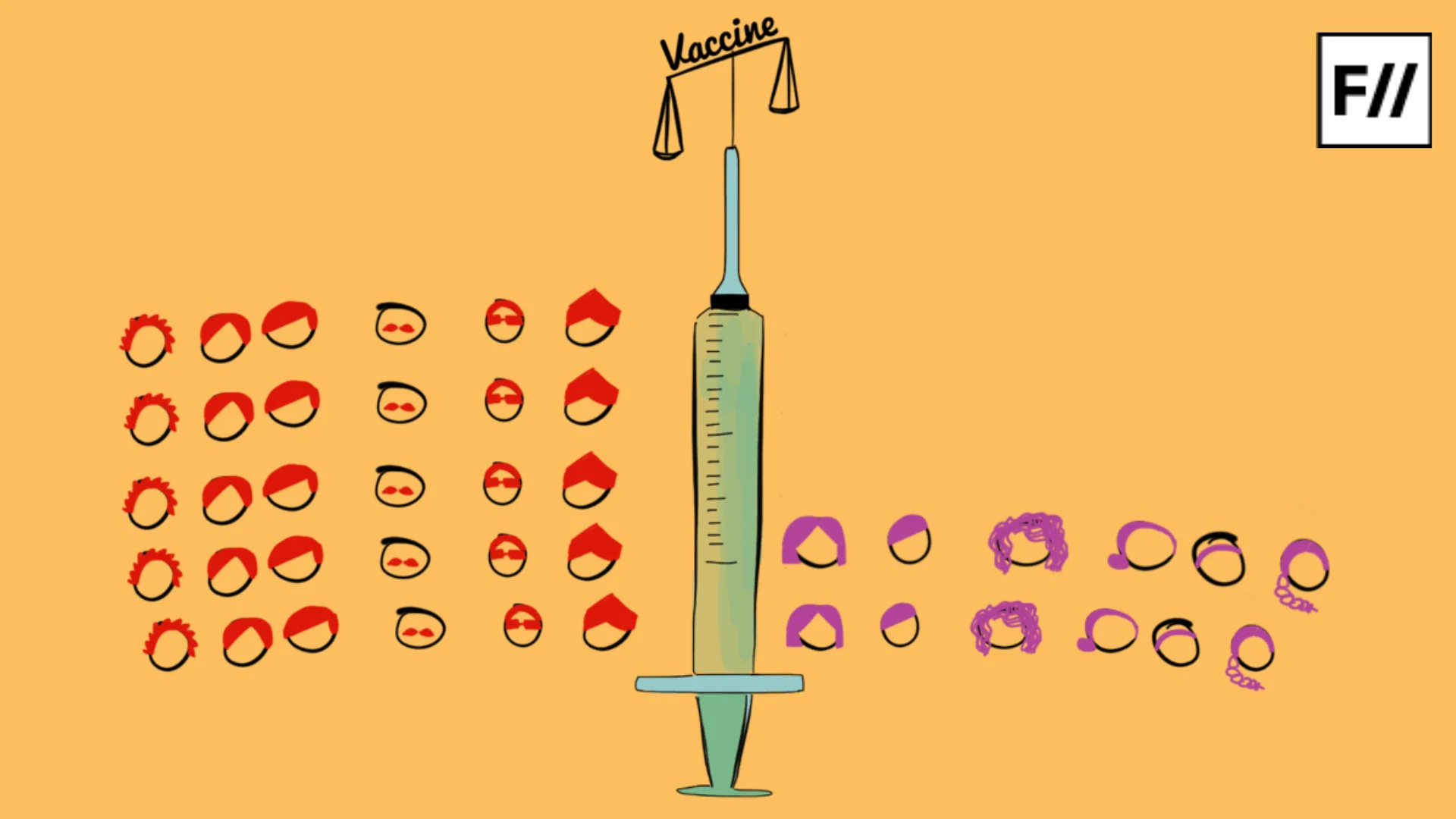
As a suggestion for the adolescents who had undergone premature brain aging, parents should take initiatives to understand their adolescents by letting them openly talk about their experiences. This might help in the recognition of any underlying issues that they are experiencing due to the COVID-19 pandemic situations and it is the only easily available way out for them.
About the author(s)
Vidhu (she/her) is an emerging writer with Masters in English language and literature, keen on learning the politics of the world around her. She has dreams to create a career in journalism and writing, where she unburdens her self. She has a great taste for movies from varies geographical spans and pens down poetry in magical charms. She is open to projects or research centring on humanities.
